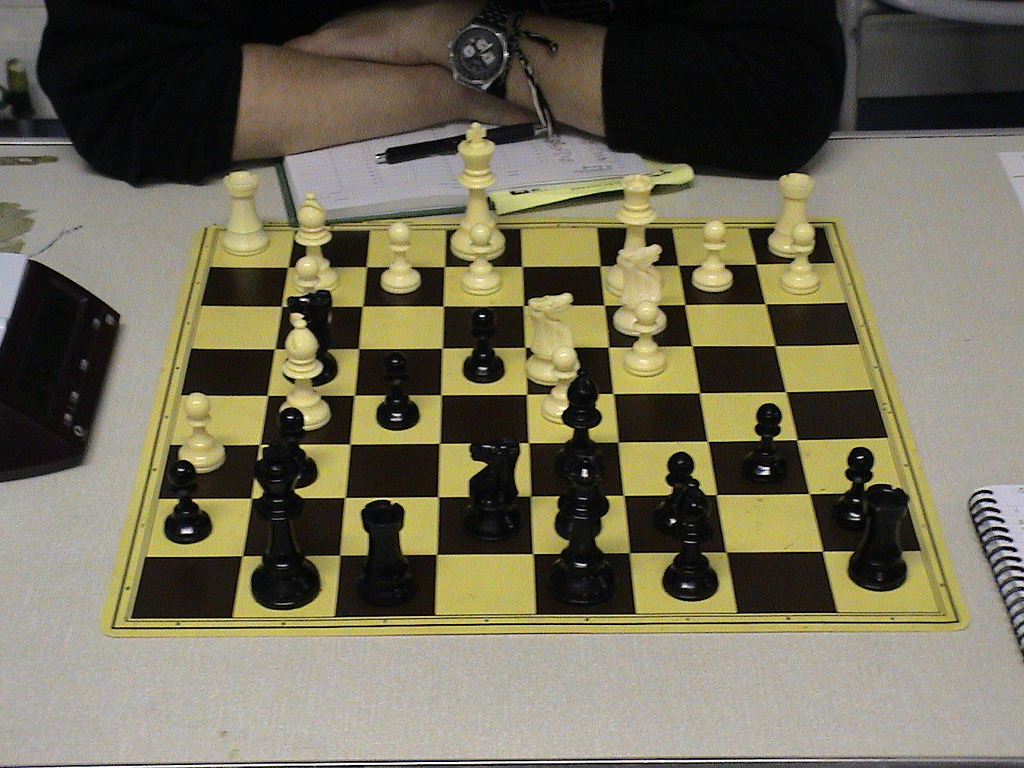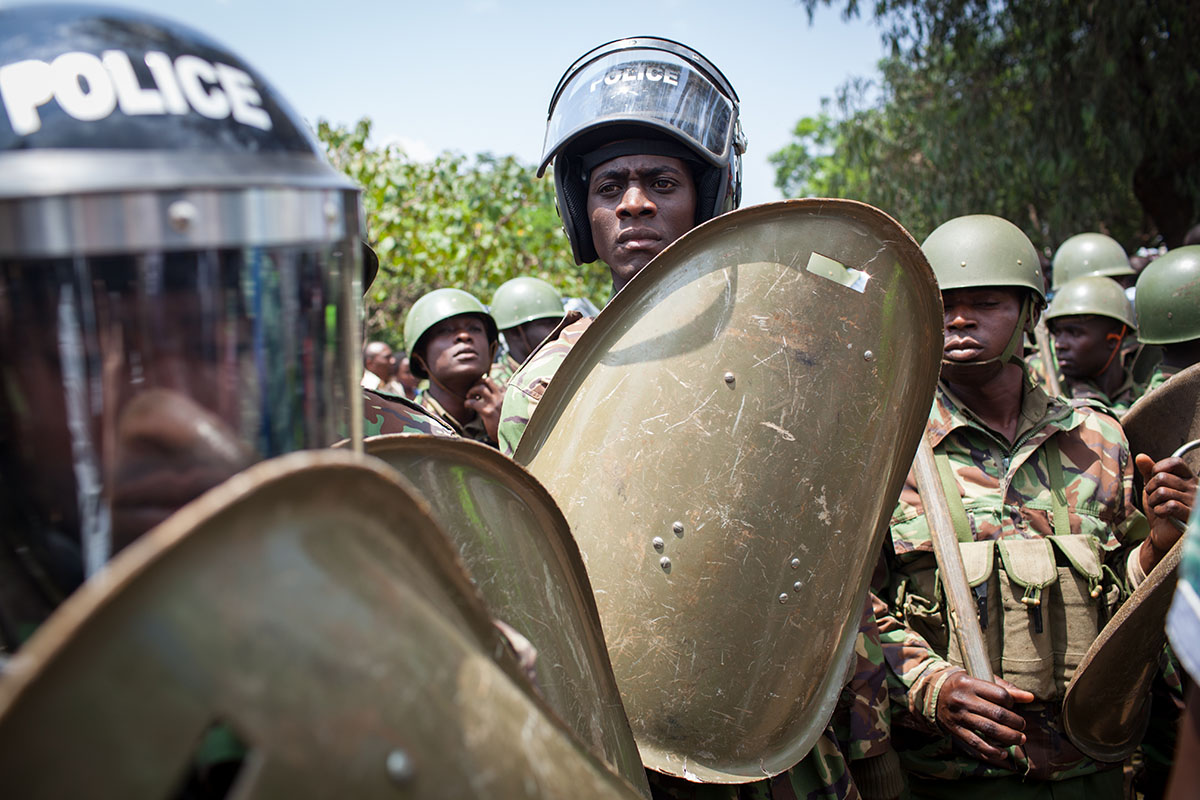“Strategic Cyprus and a better future”
February 12 Cyprus is a small nation with a strategic location, writes Christine Shahbenderian, 23, a Correspondent from Nicosia in Cyprus, who explores the nation’s potential as a partner and a stabilising force.
Cyprus is a small nation with a strategic location, writes Christine Shahbenderian, 23, a Correspondent from Nicosia in Cyprus, who explores the nation’s potential as a partner and a stabilising force.
Since the Neolithic times, Cyprus, shaped like a swordfish surfacing from the sea with its sharp tip and flared fins, has probably been one of the most contested islands in the entire Mediterranean Sea.
Situated at the nautical crossroads of the Eastern Mediterranean, also known as the Levantine Basin, Cyprus’ geographical location has been of indispensable value – and the source of its tumultuous history.
The region is undoubtedly viewed by all great powers, real or aspiring, as paramount in terms of energy, security and immigration. Israeli war planes flying exercises over Cyprus, Russian warships lying at anchor, a U.S. seismic research vessel intercepted and then shadowed by a Turkish frigate – all stand as testimonials to the priceless geostrategic location of the small island.
Proximity to the Middle East, Europe, Asia and Africa puts Cyprus amidst a lot of differing flows and at the heart of a Gordian knot of regional conflicts and conundrums. These range from the Syrian refugee crisis to Russia’s growing role in the Middle East. But the Levantine Basin has always been hard to navigate, politically speaking.
Cyprus is the only country in the basin which is a member of both the European Union (EU) and the Commonwealth, embracing their values and principles of democratic governance, the rights of ethnic minorities and constitutional loyalty.
As demonstrated in Cyprus’ use of recently-discovered hydrocarbon deposits, the EU’s far-flung Levantine outpost fully shares the EU’s multi-lateral approach. Cyprus has become, through an outward looking foreign policy and constructive diplomacy, the common denominator in two important regional, trilateral relationships: Israel-Cyprus-Greece and Egypt-Cyprus-Greece. At the same time, through recent regional developments, Cyprus has proven its stability-inducing character, ranging from its key role in the relocation of 70,000 Lebanese refugees in July 2006 to its facilitating role in the destruction of Syrian chemical weapons in June 2014. A Lilliput can indeed have muscle.
It would be a blatant disregard however, not to mention Cyprus’s own signs of fragility, which mainly stem from the impasse in finding a viable solution to the Cyprus Problem – the territorial separation of the island’s two ethnic communities. But what differentiates Cyprus from the surrounding conflict-ridden countries is that it has persistently pursued a solution through infusion rather than armed conflict.
It would be equally misleading not to point out the limited stabilising capacity of Cyprus, which is a consequence of the country’s smallness. This poses a serious limitation of its foreign policy output, let alone international clout. But South-East Asia’s miracle city state, Singapore, has shown that success in contributing to peace and regional stability is not always a privilege of the big. Cypriots, much like the Singaporeans, are never allowed to forget that their country is small and their future fragile. But in today’s globalised and institutionalised world, problems of migration, climate change and resource management require multilateral approach. With the expansion of the global security agenda, the room of maneuverability in the foreign policy of small states has subsequently expanded.
The road to a more stable and secure Levantine basin is certainly fraught with difficulties. New issues of control of the vast energy reserves discovered off the Israeli, Lebanese and Cypriot shores will clearly play a crucial role in one of the most entangled political regions on Earth. The recently formed eastern Mediterranean trilateral alliances can hardly be dubbed as solid partnerships that share a common strategic vision. However, the fact that these countries have to cooperate to exploit their resources is a strong incentive to stabilise political relations.
Cyprus, by virtue of its membership in the EU and the excellent relations that enjoys with all the countries in the region, plays a supportive and constructive role in the EU’s dialogue with its neighboring countries on fields such as migration and mobility. Honest cooperation and consultation between the EU and the eastern Mediterranean countries, facilitated through direct access to the region because of Cyprus’ membership, could paint a less bleak picture of the Levantine Basin.
The Levantine Basin therefore needs a deft balancer. In possessing a strategic know-how of the region, as well as occupying an important geostrategic location, it would be a faux pas of great magnitude for stakeholders to fail to collaborate with Cyprus in creating synergies and networks of cooperation that may hold the keys to Syrian issues, the migrant crisis, and gas in the eastern Mediterranean.
photo credit: DSC00565 via photopin (license)
…………………………………………………………………………………………………………………
About me: I am doing an internship at the Cyprus Red Cross and learning everything about humanitarian diplomacy. I recently completed the MSc in International Relations at the London School of Economics and Political Science.
Ever since I remember, I have been passionate about history, geography, diplomacy and international development. I try to blend these interests and apply my knowledge in promoting effective democratic governance and civic engagement, as well in assisting with projects concerning conflict-resolution and peace-building in my homeland, Cyprus.
…………………………………………………………………………………………………………………
Opinions expressed in this article are those of the author and do not necessarily represent the views of the Commonwealth Youth Programme. Articles are published in a spirit of dialogue, respect and understanding. If you disagree, why not submit a response.
To learn more about becoming a Commonwealth Correspondent please visit: http://www.yourcommonwealth.org/submit-articles/commonwealthcorrespondents/
…………………………………………………………………………………………………………………




